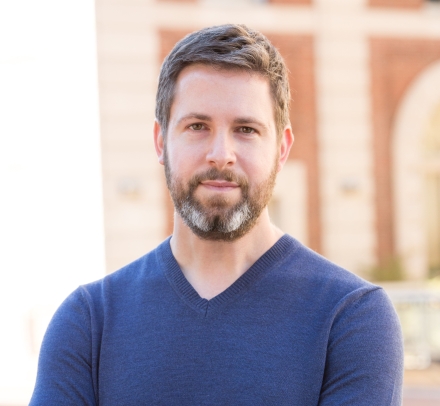
David Pozen
- Charles Keller Beekman Professor of Law
J.D., Yale Law School, 2007
M.Sc., Oxford University, 2003
B.A., Yale College, 2002
Constitutional Law
Information Law
Legal Theory
Nonprofit Law

J.D., Yale Law School, 2007
M.Sc., Oxford University, 2003
B.A., Yale College, 2002
Constitutional Law
Information Law
Legal Theory
Nonprofit Law
David Pozen teaches and writes about constitutional law, information law, and nonprofit law, among other topics.
Pozen’s body of work includes dozens of articles, essays, and book chapters, as well as The Constitution of the War on Drugs (Oxford, 2024). Pozen has also edited two volumes for Columbia University Press, on transparency (2018) and free speech (2020), and been a semi-regular contributor to the Balkinization and Lawfare blogs. He has been the keynote speaker at numerous academic conferences, in the United States and abroad, and his scholarship has been discussed in outlets including the New York Times, New Yorker, Washington Post, Harper’s, Politico, American Scholar, and NPR.
In 2019, the American Law Institute named Pozen the recipient of its Early Career Scholars Medal, which is awarded every other year to “one or two outstanding early-career law professors whose work is relevant to public policy and has the potential to influence improvements in the law.” In 2017, Pozen became the inaugural visiting scholar at the Knight First Amendment Institute at Columbia University.
From 2010 to 2012, Pozen served as special advisor to Harold Hongju Koh, legal adviser at the U.S. Department of State. Previously, Pozen was a law clerk for Justice John Paul Stevens on the U.S. Supreme Court and for Judge Merrick Garland on the U.S. Court of Appeals for the District of Columbia Circuit and was a special assistant to Senator Ted Kennedy on the Senate Judiciary Committee.

This book shows how constitutional law could have denied the “war on drugs” but instead became ever more defined by it—how a profoundly illiberal and paternalistic policy regime was assimilated into, and came to shape, an ostensibly liberal and pluralistic constitutional order. The book details the internal doctrinal dynamics and external cultural developments that first facilitated and then foreclosed challenges to drug prohibition. It explains how courts in other countries have curtailed punitive drug laws using a different approach to rights review. It evaluates the costs and benefits of the U.S. jurisprudence. And it considers potential constitutional paths still open to drug reformers today.

In his new book, David Pozen, Charles Keller Beekman Professor of Law, examines the constitutional arguments for drug rights—and how courts have shut them down.